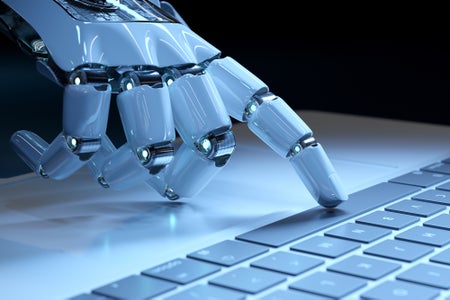
Don’t Blame AI. Plagiarism Is Turning Digital News into Hot Garbage
A botched obituary underlines threats from both artificial intelligence and digital plagiarism mills to pollute the news with misinformation
Charles Seife is director of the Arthur L. Carter Institute of Journalism at New York University and the author of seven books, including a history of fusion, Sun in a Bottle, and a biography of a major scientist, Hawking Hawking.

Don’t Blame AI. Plagiarism Is Turning Digital News into Hot Garbage
A botched obituary underlines threats from both artificial intelligence and digital plagiarism mills to pollute the news with misinformation

Science, Destroyer of Worlds—And Movie Scripts
Oppenheimer won’t bomb in the box office, but despite its director’s best efforts, the science in the film is a bit of a fizzle

World’s Largest Fusion Project Is in Big Trouble, New Documents Reveal
The International Thermonuclear Experimental Reactor (ITER) is already billions of dollars over budget and decades behind schedule. Not even its leaders can say how much more money and time it will take to complete
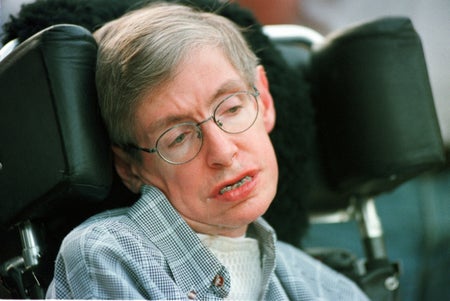
The Myth of Stephen Hawking
He was an important physicist, but the press and the public saw him as a prophet—and he didn’t go out of his way to discourage them
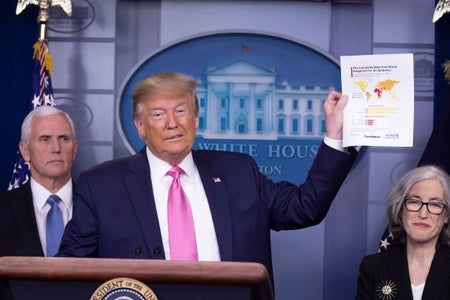
The Trump Administration’s Misinformation Machine
Mere lying is one thing; silencing the voices of those who disagree is something far more serious and more dangerous

In Washington Speak, Censorship Is Called “Transparency”
Federal agencies have been subtly controlling the flow of scientific information to the press, even as their media policies preach openness
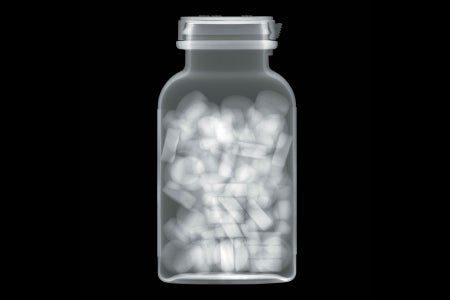
Is the FDA Withholding Data about a Controversial Drug to Protect Its Manufacturer?
The Food and Drug Administration, Sarepta and the case of the missing drug data
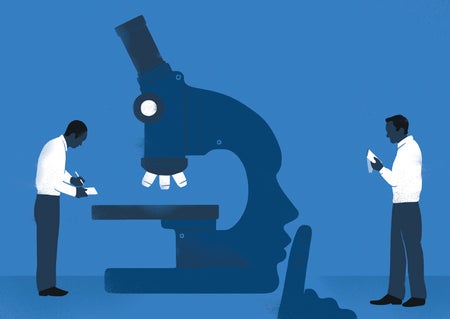
How the FDA Manipulates the Media
The U.S. Food and Drug Administration has been arm-twisting journalists into relinquishing their reportorial independence, our investigation reveals. Other institutions are following suit

For Sale: “Your Name Here” in a Prestigious Science Journal
An investigation into some scientific papers finds worrying irregularities
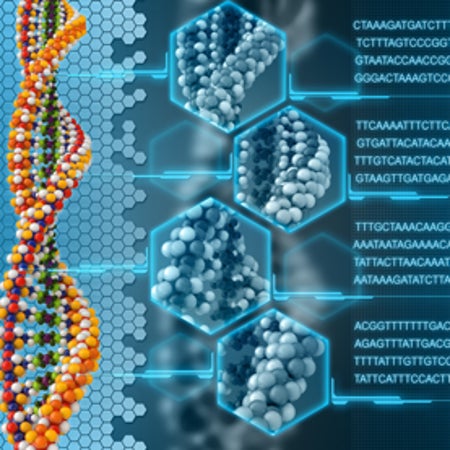
23andMe Is Terrifying, but Not for the Reasons the FDA Thinks
The genetic-testing company's real goal is to hoard your personal data

In Second Case of Flawed Drug Research, FDA Response Was Slow and Secretive
A recently exposed case of the agency's handling of drugs that reached the market in spite of fraudulent studies is no anomaly. The agency's response mirrors how it handled an earlier instance of scientific misconduct at another contract research organization

FDA Lets Drugs Approved on Fraudulent Research Stay on the Market
The FDA in 2011 announced years' worth of studies from a major drug research lab were potentially worthless, but it has not pulled any of the compounds from the market nor identified them

How We Followed the Drug Research Money
An investigative report about the influence of drug company money on scientific research, which appears in the December 2012 issue, started with a database of publicly available information. Here is how the author pieced together the report

How Drug Company Money Is Undermining Science
The pharmaceutical industry funnels money to prominent scientists who are doing research that affects its products--and nobody can stop it

"Proofiness" Inherent in Population Milestones Such as "7 Billionth Person"
There's no way that anyone could pinpoint which baby became the seven billionth person living on Earth. The uncertainties in measurement are simply too huge
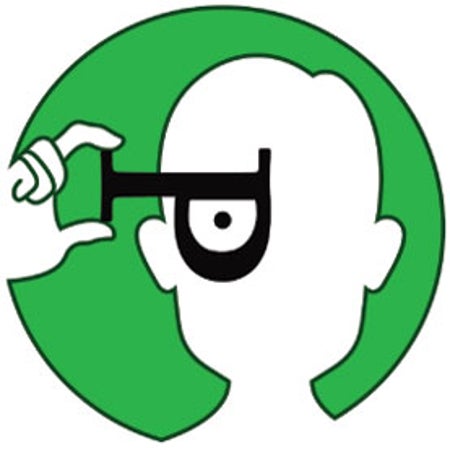
The Mind-Reading Salmon: The True Meaning of Statistical Significance

The Science of "Disestimation": The Shortcomings of Opinion Polls
Why we shouldn't put our faith in opinion polls

Relatively Expensive

Bad Timing
A loophole is found in a popular encryption scheme

A Harebrained Scheme
Experimental rabbit-killing virus runs amok in Australia

Freewheeling